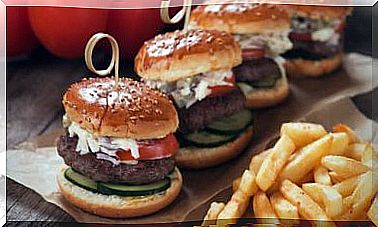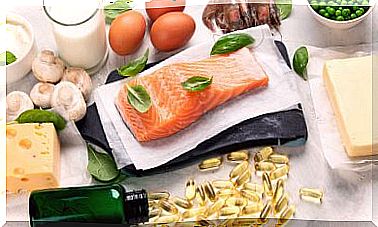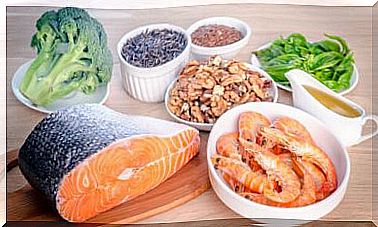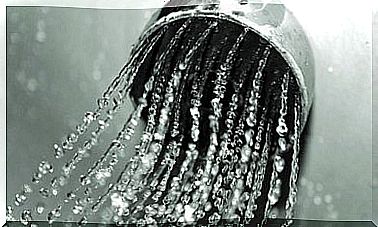The 15 Best Probiotics And Prebiotics To Take Care Of Your Health
Within a balanced diet, taking probiotic and prebiotic foods is very beneficial for the health of the entire organism for various reasons, starting with the fact that they contribute to good digestion and the maintenance of the intestinal microbiota.
Based on this, here is a list of the best probiotic and prebiotic foods that you can regularly integrate into your diet. Take note!
Prebiotics and probiotics: characteristics of each
Surely you will be more than used to seeing those commercials on television in which different types of yogurt are enriched with so-called “good bacteria” . These are probiotics; They include, for example, the classic white yogurt, kefir, sauerkraut or miso soup, which help us to strengthen the intestinal microbiota.
Now, what about prebiotics? What are they? Do they also give us good bacteria? Are they digestive microorganisms? Next, we will delve into all these aspects.
Probiotics
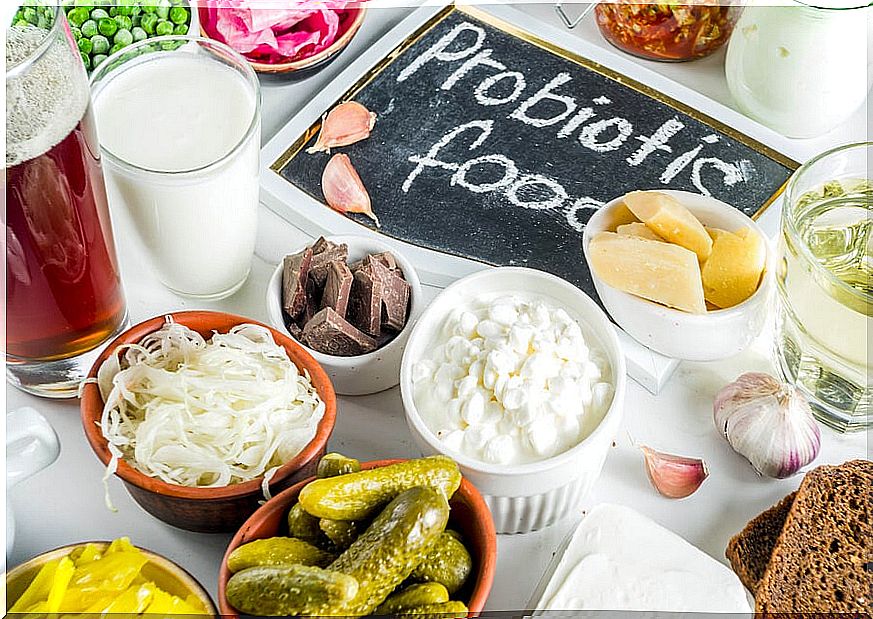
The World Health Organization (WHO) defines probiotics as: “ live microorganisms that, when administered in adequate quantities, produce a beneficial effect on health”.
They are intestinal bacteria that allow us to stimulate digestive juices and natural enzymes to achieve proper digestion. It is advisable to always consume organic or wild probiotic foods.
It may be a bit scary to think that the digestive system is “colonized” by a whole host of bacteria. It is what is known as the intestinal microbiota; In addition to being vital for health, it is very sensitive to the type of diet we follow, as well as to stress and certain diseases and types of medications.
At the same time, these microorganisms act as an immune mechanism in the intestinal mucosa. Its function is to prevent pathogens from multiplying and causing alterations.
Consuming probiotics such as fermented milk also protects us against many diseases. However, we emphasize the term “fermented”. Natural milk – that is, unpasteurized – can be, in certain cases, more toxic than beneficial for the intestine, because what it does is inflame if we suffer from intolerance.
Prebiotics
Prebiotics are a type of carbohydrate that serves as a substrate for probiotics. They are components that the intestine does not digest, but that serve as a structural base to offer strength to those living microorganisms that protect us against harmful elements.
It is clear, then, that prebiotics and probiotics are closely related. The function of the former is to stimulate the immune system and promote the development of beneficial bacteria in the intestinal flora; in turn, they prevent the growth of pathogens.
Prebiotics help us absorb some minerals such as calcium and magnesium. They also contribute to the reduction of gases and promote intestinal balance. Another of its benefits is that they fight constipation and inflammatory bowel disease.
The best probiotics you can consume on a daily basis

1. Kefir
Kefir is fermented cow’s or goat’s milk. It has an acid taste and feels very good thanks to its fermentation process; This is when the presence of the original milk sugar is reduced to the maximum.
You can consume liquid kefir or in granules; It is a highly recommended option for your breakfasts. It is one of the foods richest in living microorganisms, capable of strengthening and taking care of the health of the intestines.
If we consume kefir on a regular basis, it will help us eliminate the pathogenic bacteria that populate the intestine. Many times, they are responsible for causing gastroenteritis.
2. Sauerkraut
We could say that, after kefir, sauerkraut – choucroute or sauerkraut – is the second most beneficial food for bacterial flora. Sauerkraut is fermented cabbage or white cabbage, rich in lactobacillum and bifidubacterium.
This food improves the intestinal flora, restores the pH of the small intestine, promotes digestion and allows better absorption of nutrients. Fermented cabbage is rich in vitamin A, B1, B2, C, and minerals such as iron, calcium, phosphorus, and magnesium.
Other foods with probiotic principles
- Natural yogurt.
- Miso soup.
- Kombucha tea.
- Olives
- Dark chocolate.
The best prebiotic foods for everyday life
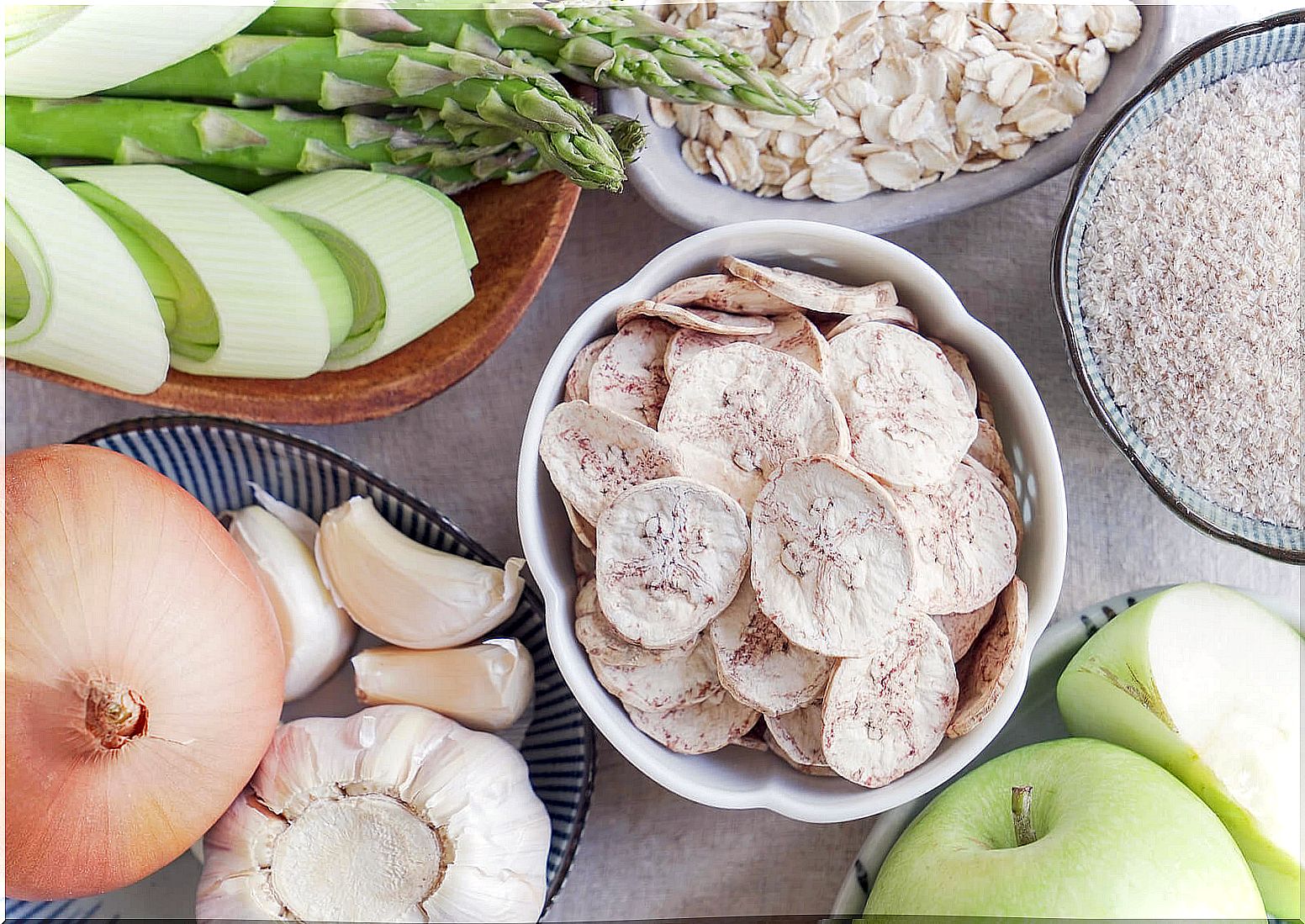
Artichokes
According to studies, artichokes, in addition to being very healthy for the liver, are one of the most suitable prebiotic foods. They contain between 3% and 2% inulin, one of the most common prebiotics.
Chicory root
The second richest food in prebiotic components – such as inulin – is chicory root. You can find it in natural stores to include it in your meals or prepare suitable natural infusions.
Garlic
Garlic contains around 15% inulin. How about taking a natural garlic with a glass of water every morning? Your health will thank you!
Onion
The onion contains between 5% and 8% inulin, and you can consume it raw or cooked. Also, as you already know, it is a common ingredient in many meals and salads.
Leek
It will offer you between 3% and 10% inulin. It is also perfect to improve the health of your intestinal microflora, elemental function of prebiotics and probiotics.
Wheat bran
Wheat bran is another of the prebiotic foods that you can include in your diet. It will offer you 5% of this type of substances so positive for the digestive system and general well-being.
Wheat flour
If you consume it cooked and always in moderation so as not to gain weight, it will offer you 5% prebiotics. Again, this is a commonly used ingredient.
Banana
If you love bananas, eat it whenever you want. Although it is true that it only provides us with 0.5% inulin, combined with other foods on the list cited here, it will stimulate intestinal bacteria to take care of your health.
Read: Types of fibers that most help the microbiota
By consuming the foods on this list, always within a healthy and balanced diet, you will be able to change, improve your gastrointestinal health and enjoy well-being. You already know, prebiotics and probiotics have a lot to offer and it is convenient to integrate them regularly into the diet, always trying to maintain balance.
If you have questions about how to improve your diet, consult your doctor or nutritionist.
Valeria Sabater
Graduated in Psychology from the University of Valencia in 2004. Master in Safety and Health at work in 2005 and Master in Mental System Management: neurocreativity, innovation and sixth sense in 2016 (University of Valencia). Collegiate number CV14913. He took the course Nutrition and obesity: overweight control, offered by the National Autonomous University of Mexico (UNAM). Student of Social and Cultural Anthropology at UNED, Valeria Sabater has worked in the area of social psychology selecting and training personnel. Since 2008, she has worked as a psychology and emotional intelligence trainer in secondary schools and offers psycho-pedagogical support to children with development and learning problems. In addition, she is a writer and has received various literary awards.

